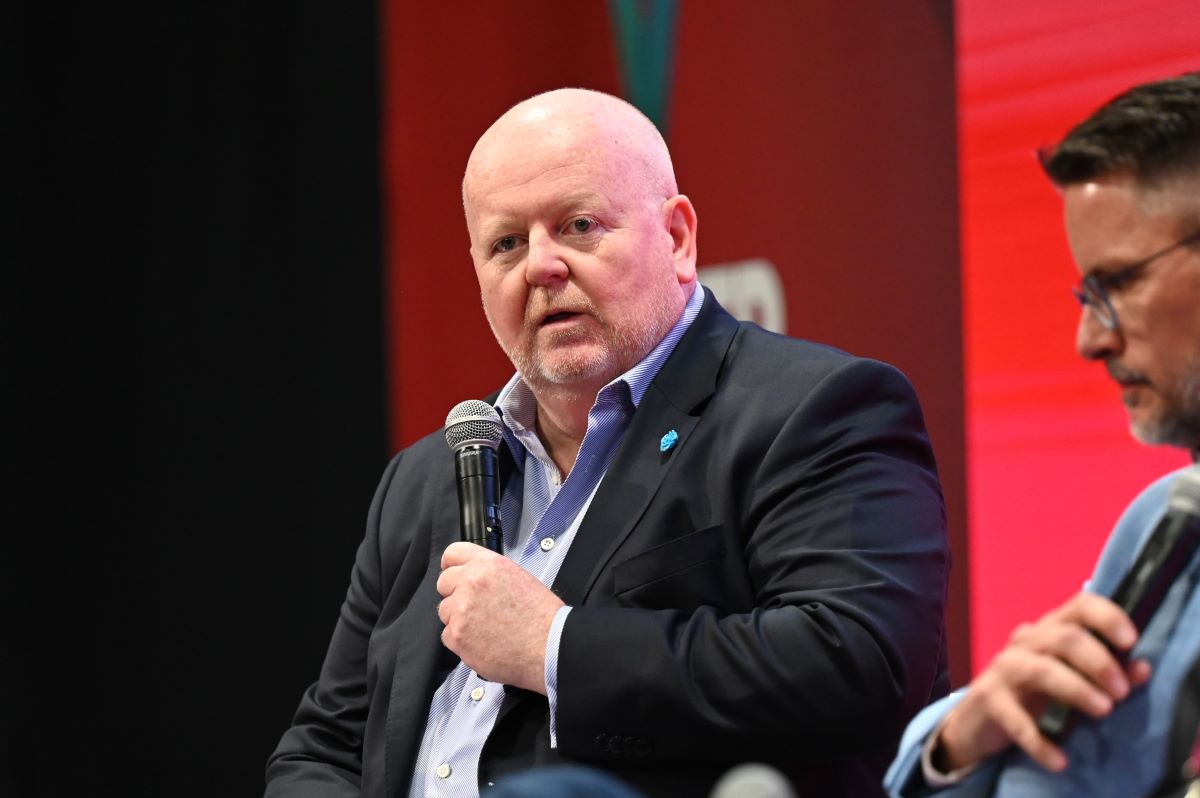
Paul Burns: The truth about advertising standards for sports betting in Ontario
CGA president wrote on the topic for CGB magazine
This opinion article by Canadian Gaming Association President and CEO Paul Burns was originally published in the May 2024 issue of Canadian Gaming Business magazine.
I am still amazed at how there are people who never let the truth get in the way of telling the story they want to tell. Manipulating public opinion isn’t a new phenomenon and regrettably is increasingly being practiced with fresh vigour.
There are those who oppose Canada’s growing gaming industry and are applying what Stephen Colbert described as “truthiness” in their rhetoric. I need not repeat their rhetoric here, lest we give it more oxygen than it deserves.
What they are saying feels right to them, but I need to strongly emphasise that what they are saying is simply not true.
Here are the facts:
- Unrestricted access to online casino and sports betting has existed for over 20 years; in an unregulated context that did not create a strong domestic industry within Canadian control.
- Gaming advertising has been highly regulated across Canada for over 30 years.
- Ontario was the first province to create a regulated environment to license and oversee online sports betting and casino games to bring stronger oversight and consumer protection and encourage local investment.
- New Ontario-based rules prohibit the use of active or retired athletes unless the advertisement is explicitly focused on responsible gaming.
- There are over 20 individual requirements related to advertising standards which cover a wide range of activities from the location of outdoor advertising to the prohibition of mass-market advertising of bonuses or incentives. Operators are required to monitor players’ activities, actively intervening if they spot problematic behaviour.
- Online gaming operators have robust “know your customer” policies for opening customer accounts, to prevent minors from accessing sites registered to operate in Ontario.
- In addition to the Alcohol and Gaming Commission of Ontario’s regulatory standards, operators must submit all TV commercials to ThinkTV for clearance.
- Professional sports leagues and broadcasters are establishing policies and codes of conduct, reflecting the guiding principles that we have built together with the Responsible Gambling Council.
- CGA members are working hard to ensure the highest levels of player protection – which they have been doing since the market launched on April 4, 2022.
- Lastly, but more importantly, advertising volume has declined.
- Ad volume was down by 12% in September 2023, 31% in October 2023, and 29% in November 2023 compared to the same months in 2022. Gaming ads made up under 3% of ads during this year’s Super Bowl.
- Research conducted by Ipsos found that gambling ads are not perceived to be as widespread as is assumed.
- Out of the surveyed Ontario population, only 19% reported seeing sports in-game marketing or sports in-game “commentators” or analysts.
The CGA is fully supportive of responsible gambling efforts, regulated advertising and the increasing efforts our members are taking to keep gaming and sports betting fun and safe. We actively participated in the AGCO consultation on the changes to iGaming advertising standards and were in favour of the new rules.
But this is an important time for our industry. And like other new and growing sectors of the economy, competitors are seeking market share and to build brand awareness within the context of Ontario’s licensed, regulated market.
It is ethical and appropriate for licensed operators to promote their brands… The CGA will continue working to ensure that future changes are driven by facts and evidence versus emotion.
Within the existing constraints established by our regulators, plus the additional guidelines and standards set by leagues and broadcast partners, it is ethical and appropriate for licensed operators to promote their brands.
‘Tall poppy syndrome’ is a risk we cannot ignore
Canada is, in my view, the greatest country in the world. Yet, there has been an undercurrent of our history that has limited the potential of our best and brightest.
We are, and can remain, global leaders in online gaming. But our ability to succeed and create domestic jobs and economic growth from building platforms and systems that can be applied globally will be at risk through over-regulation and baseless accusations.
The CGA will continue working to ensure that future changes are driven by facts and evidence versus emotion. Gambling advertising is highly regulated already, and that regulation here in Canada is leading the world.